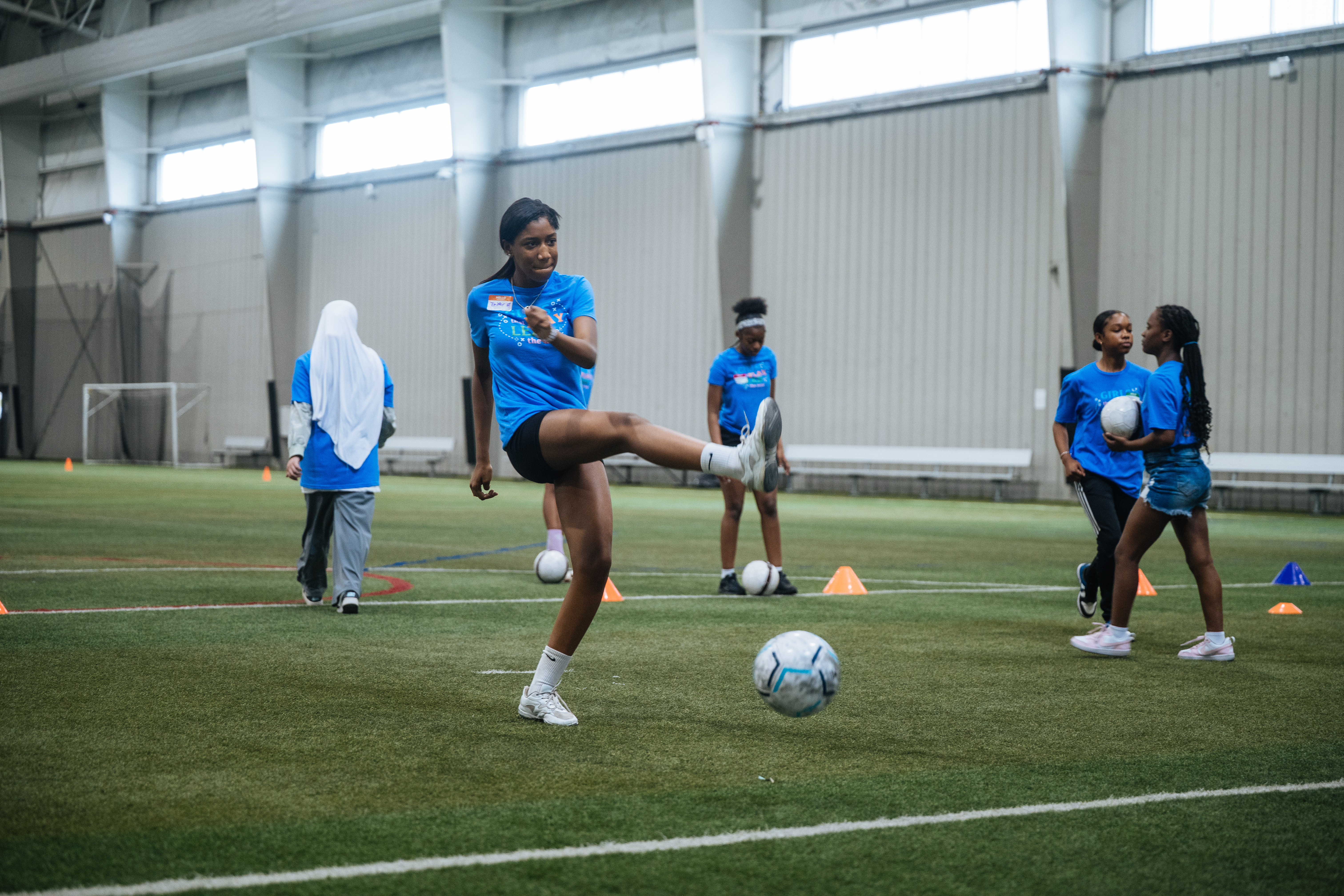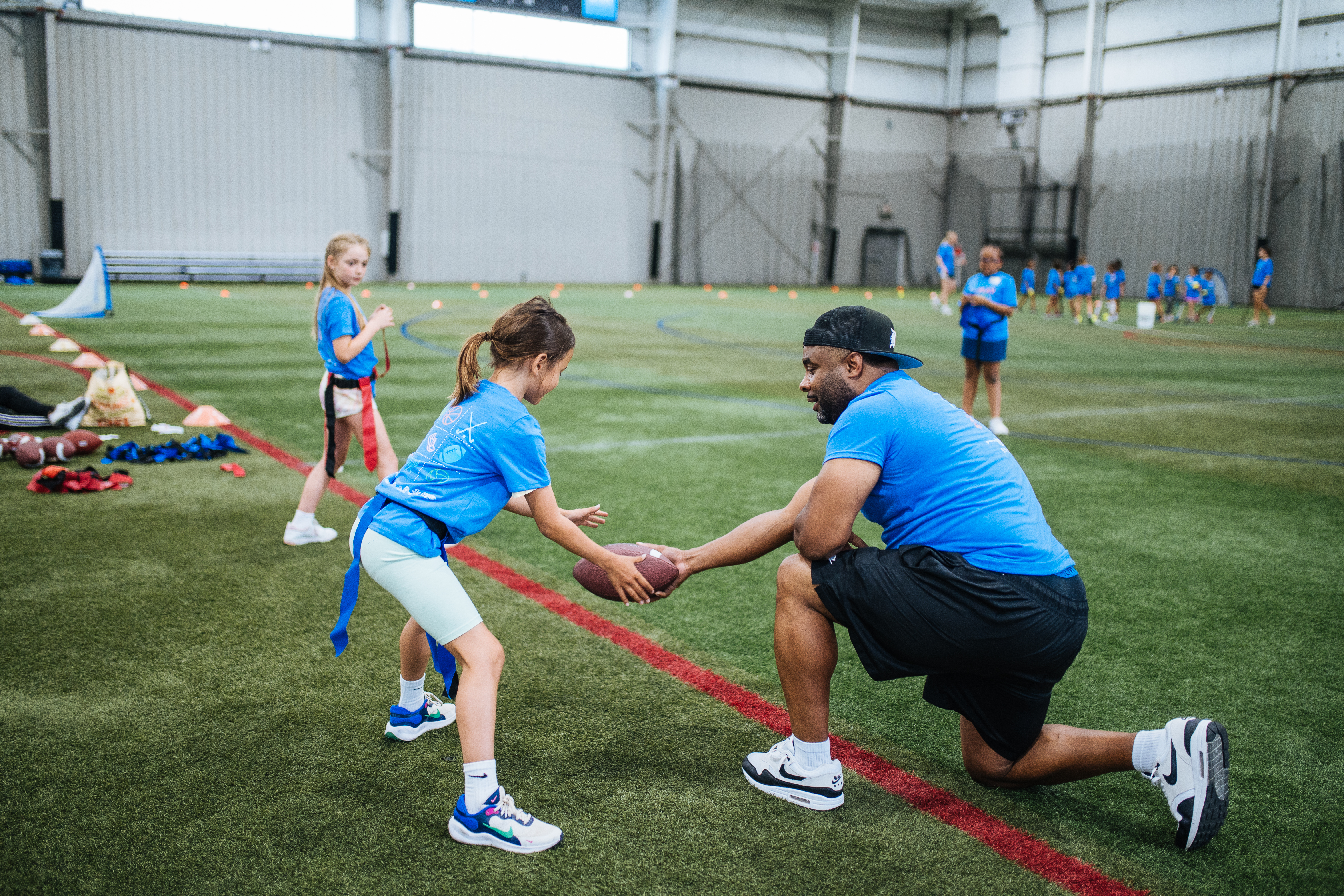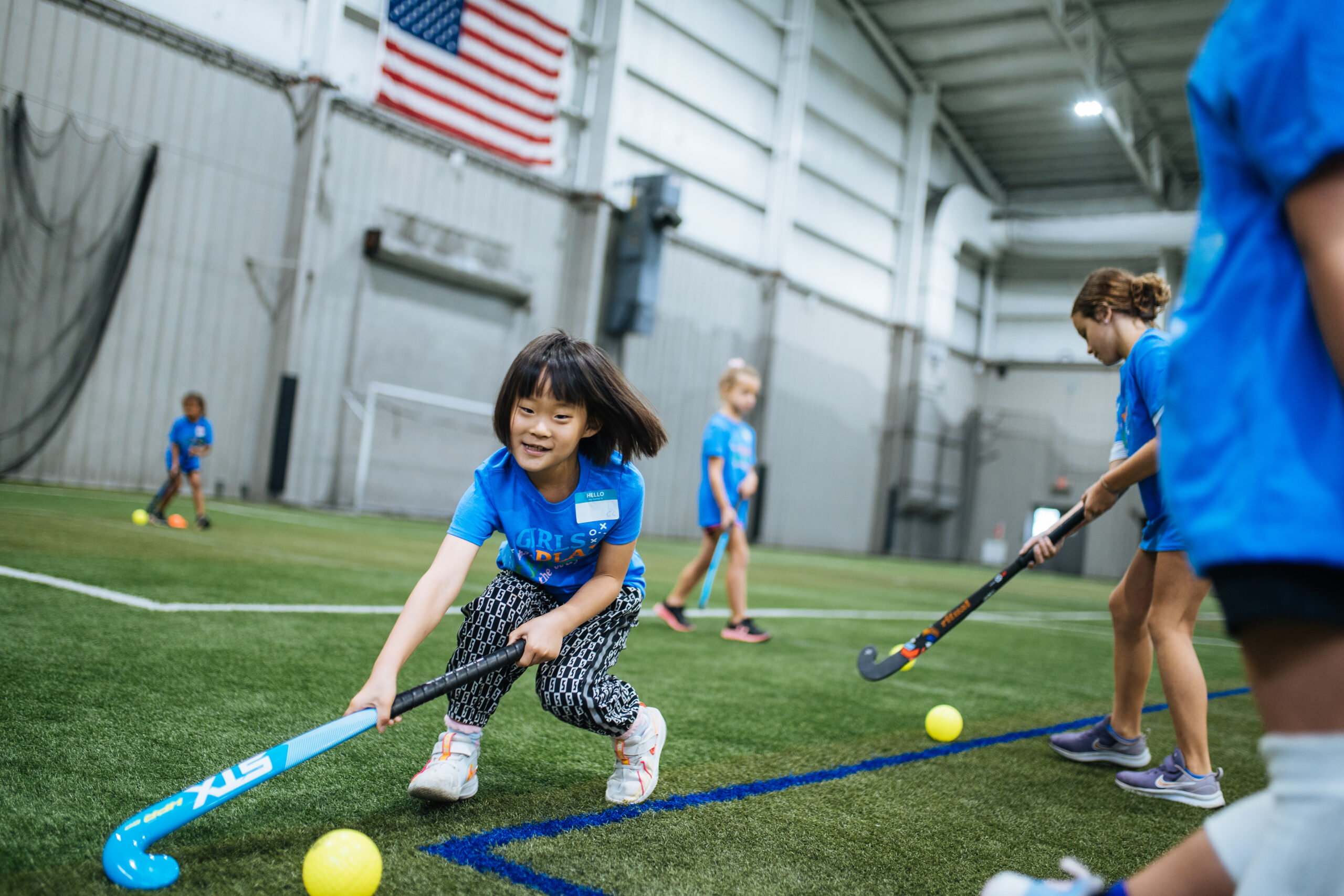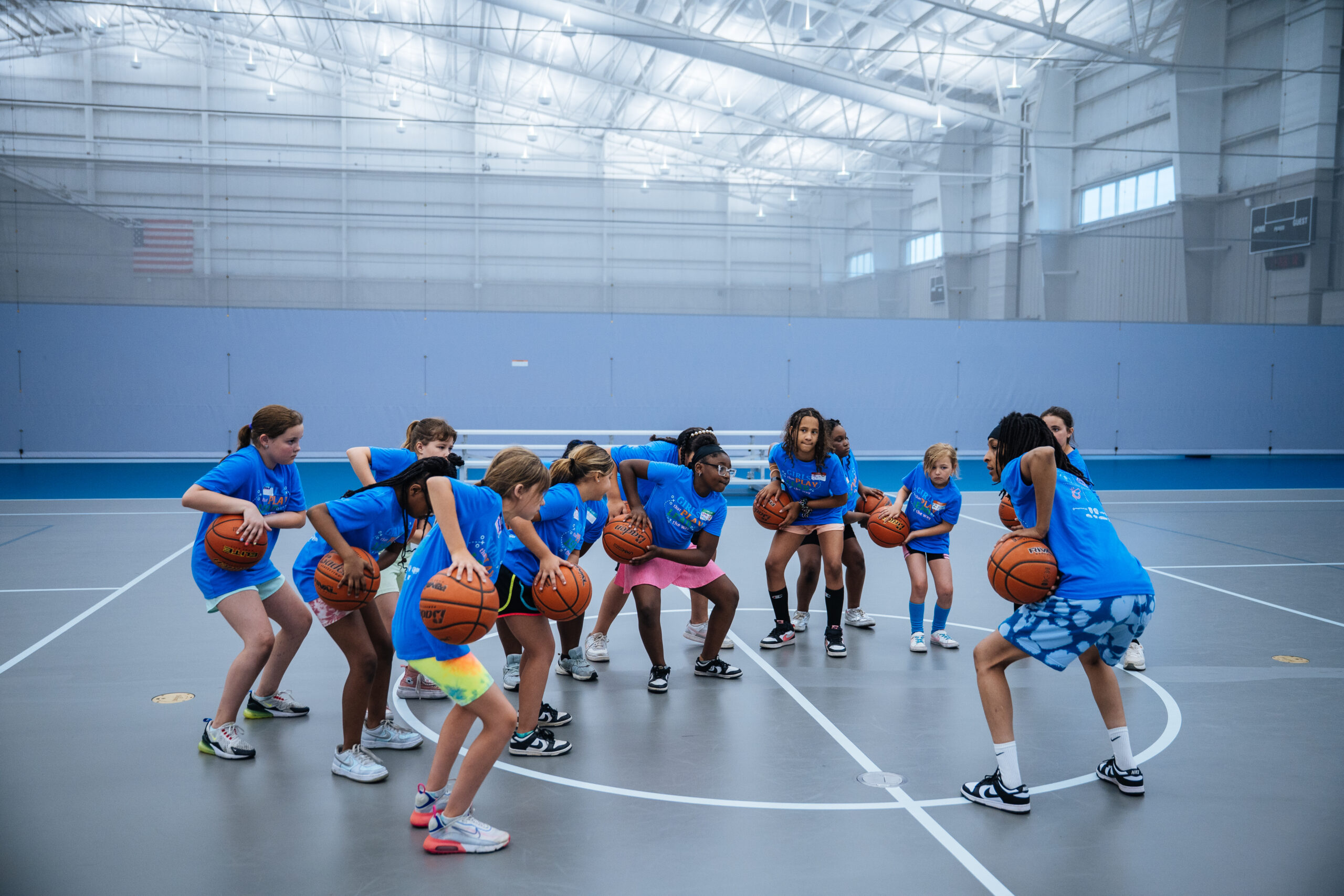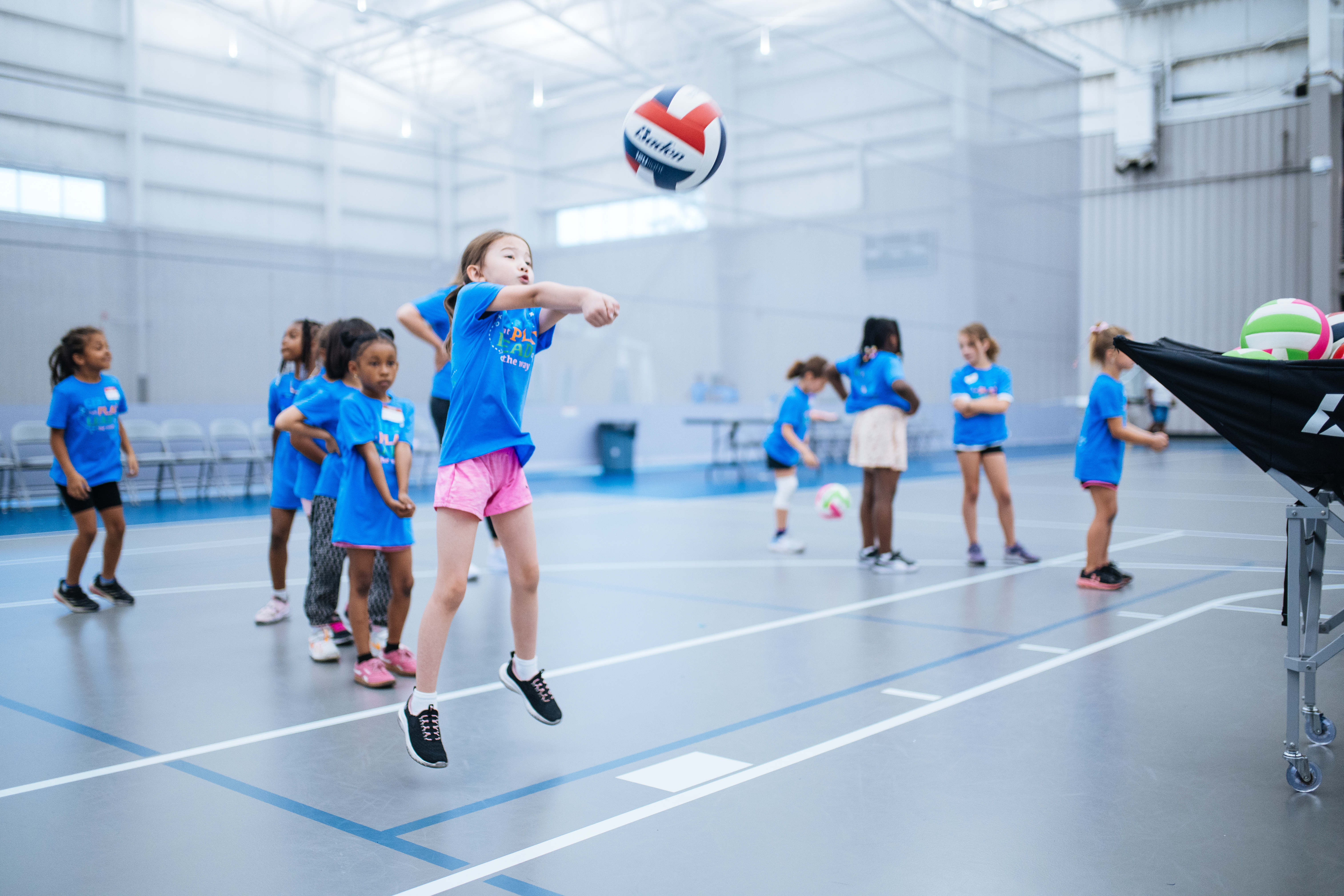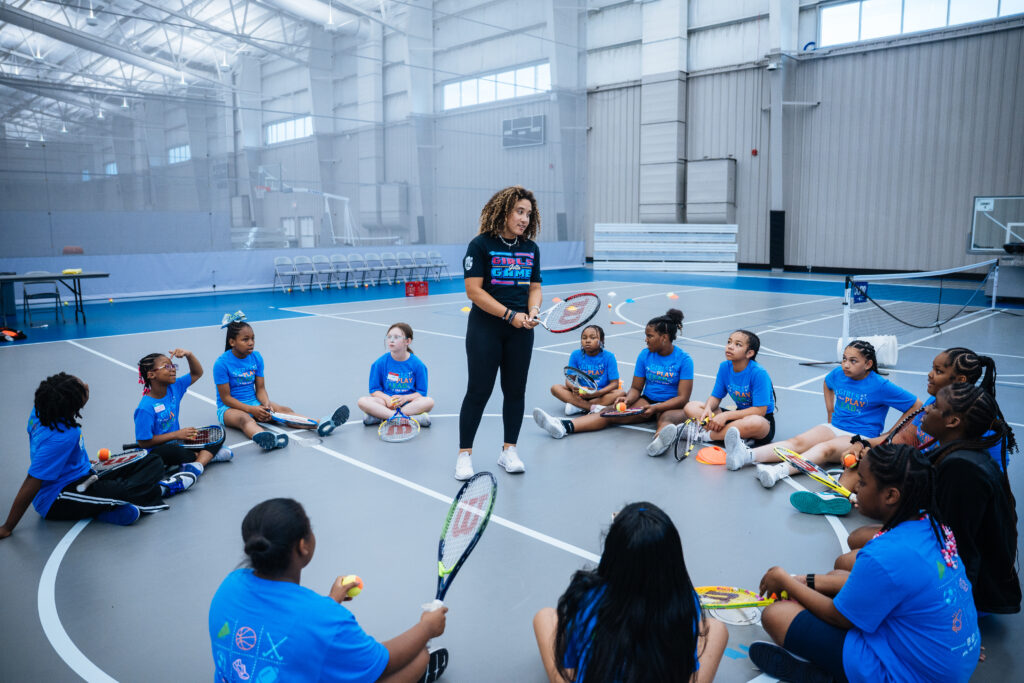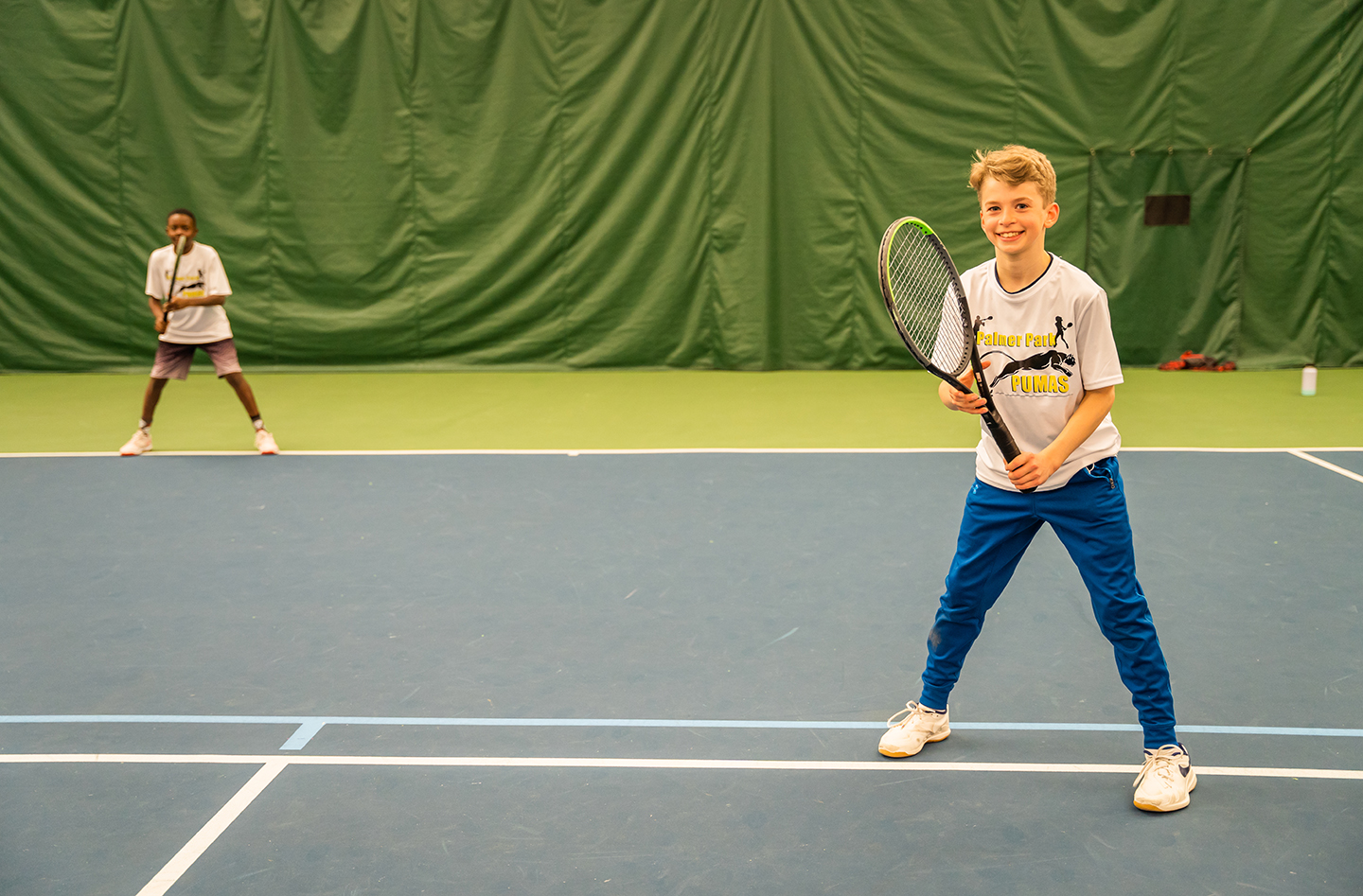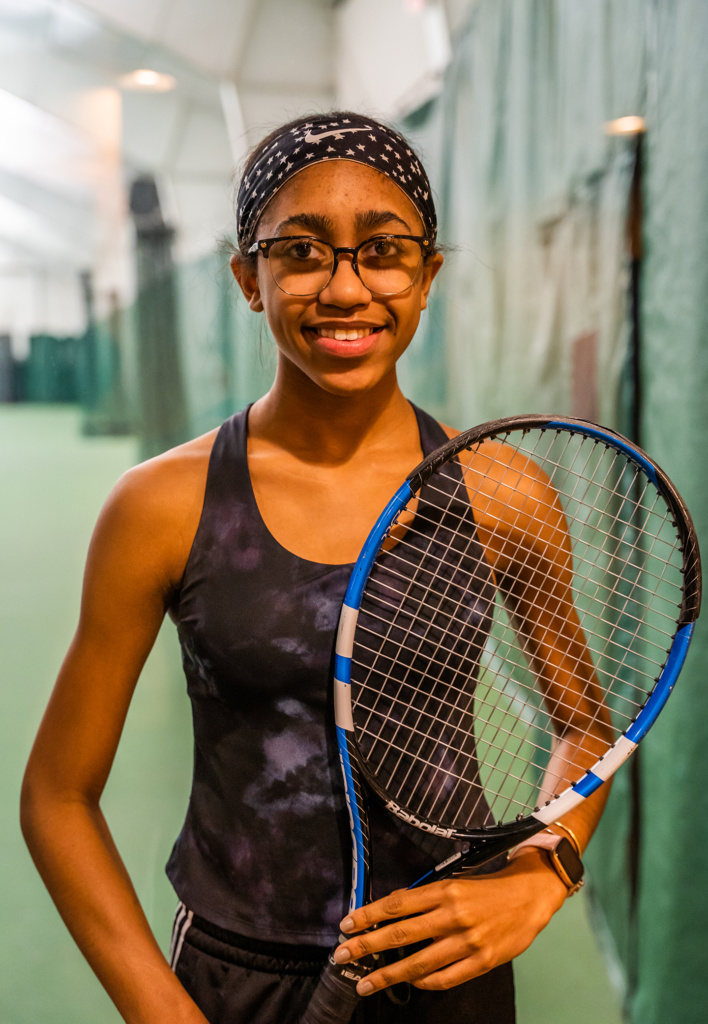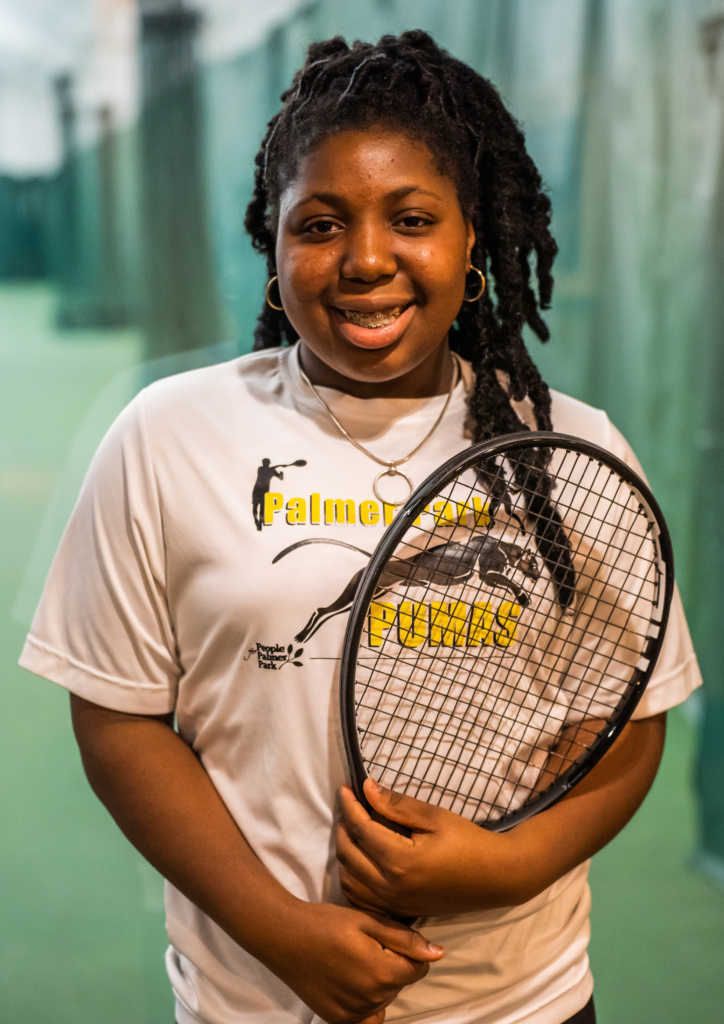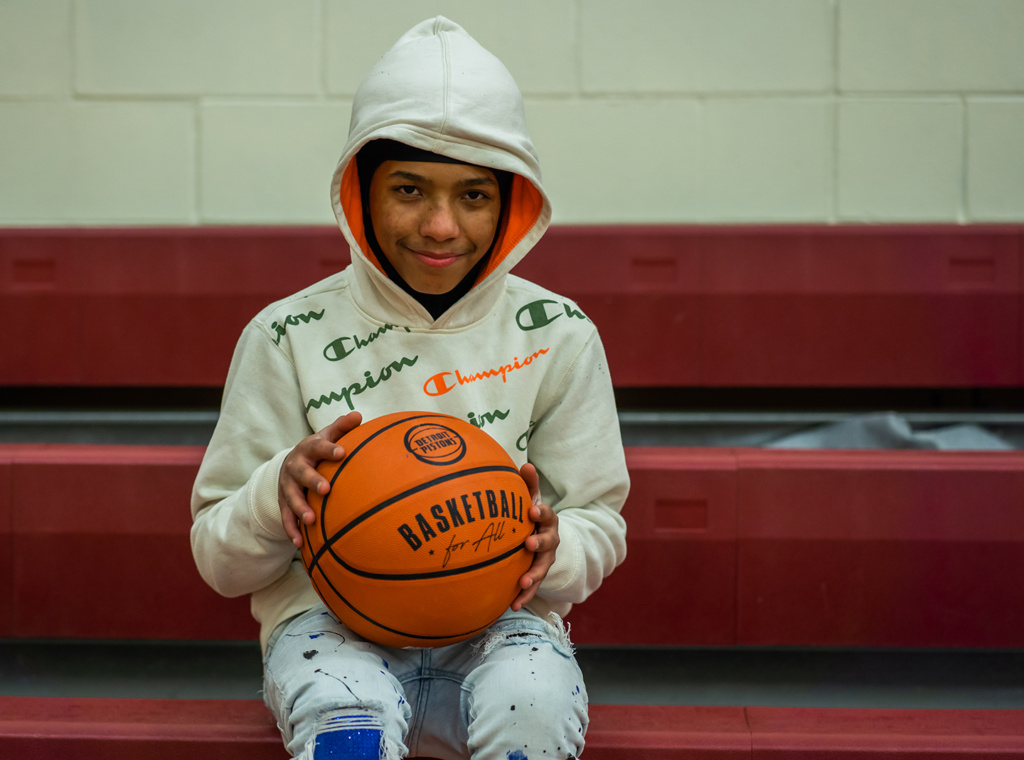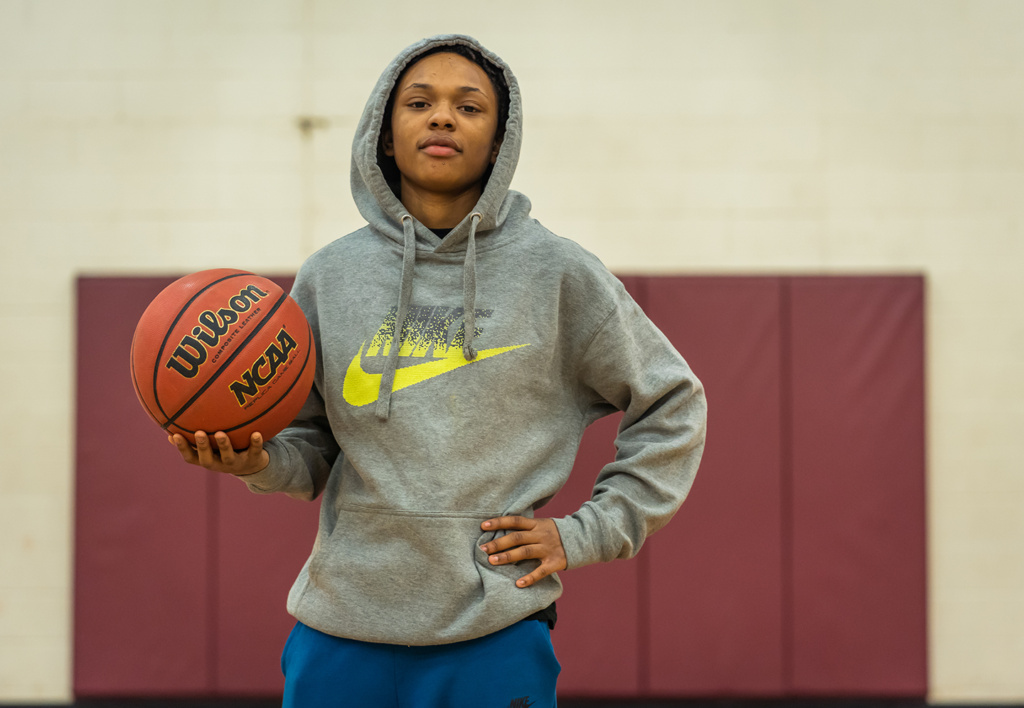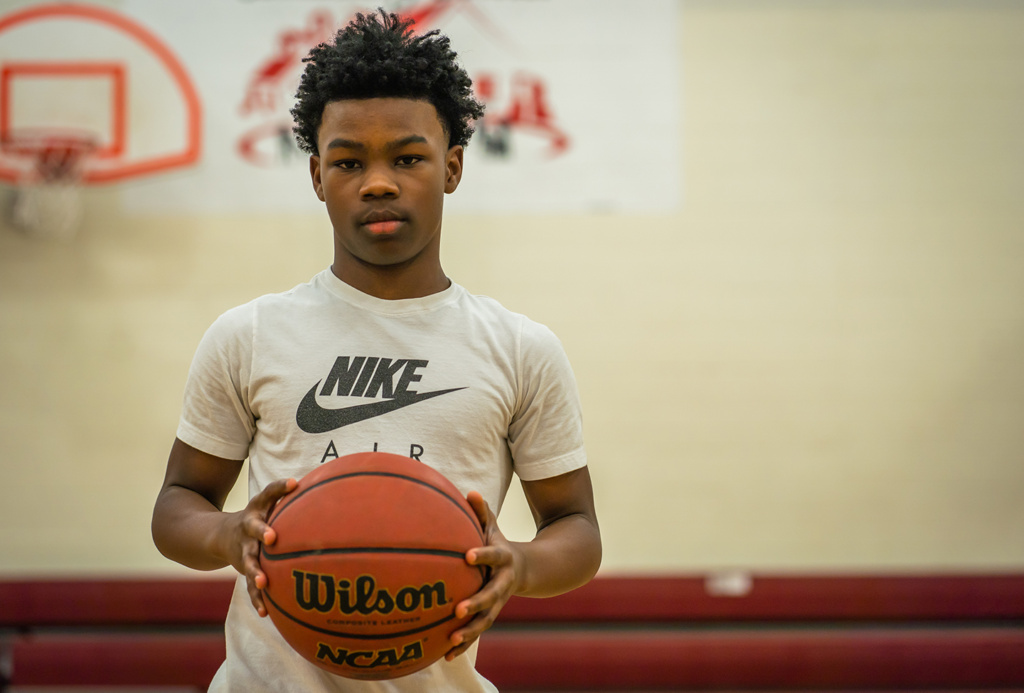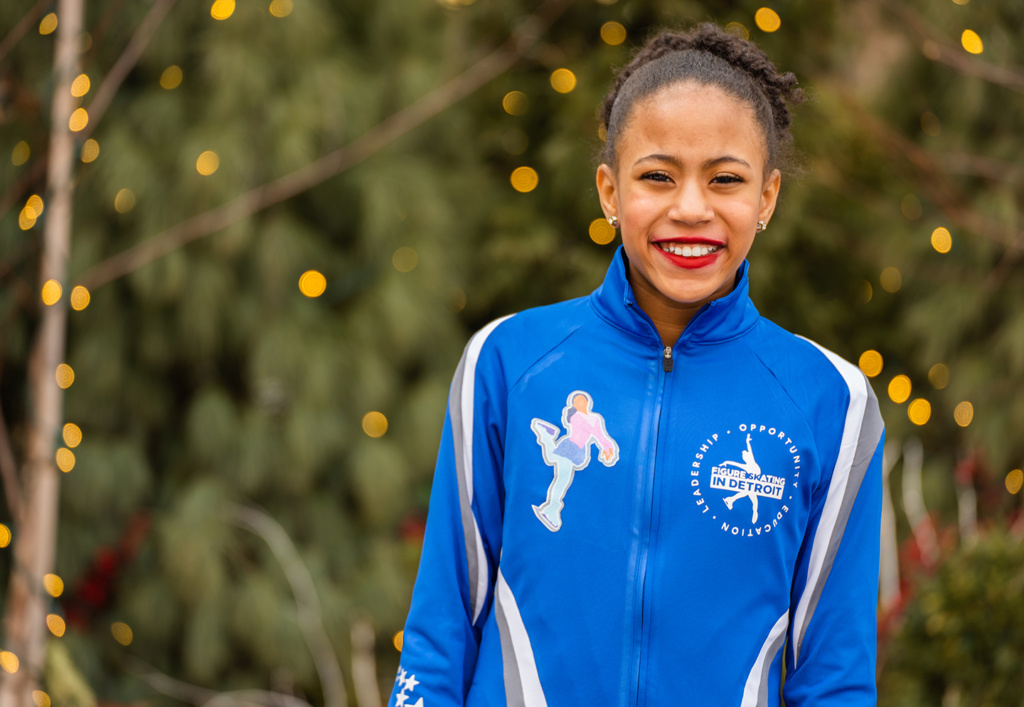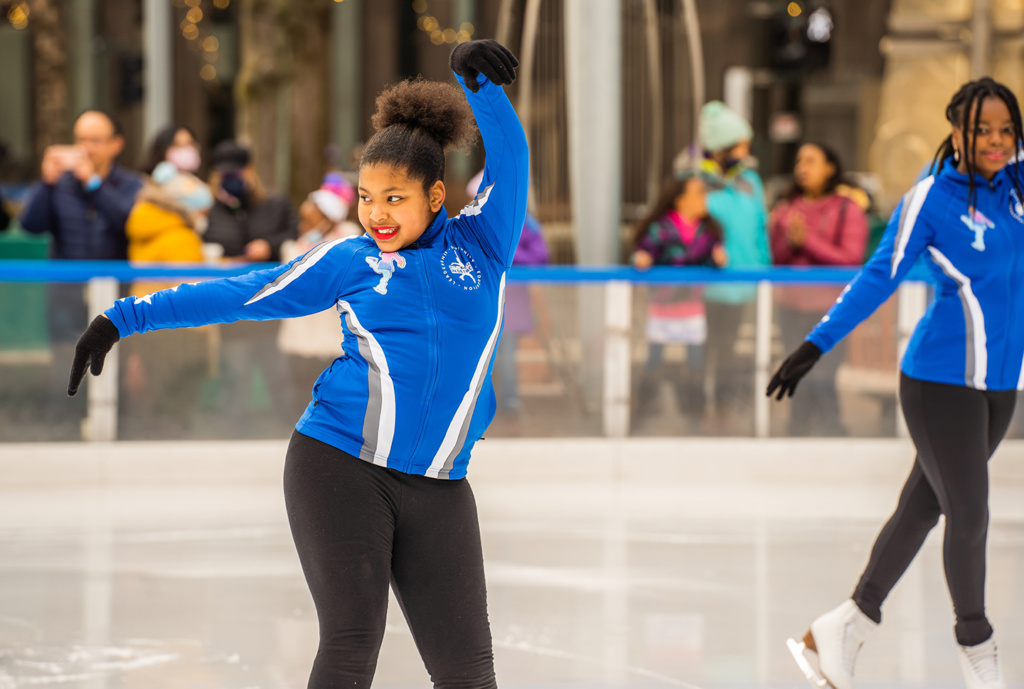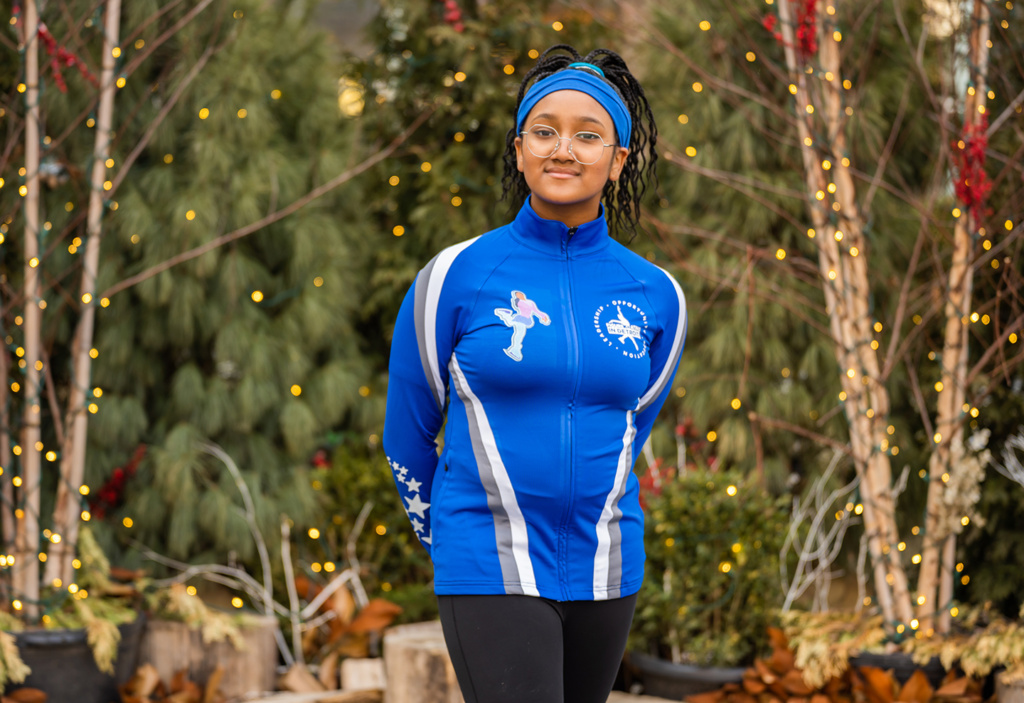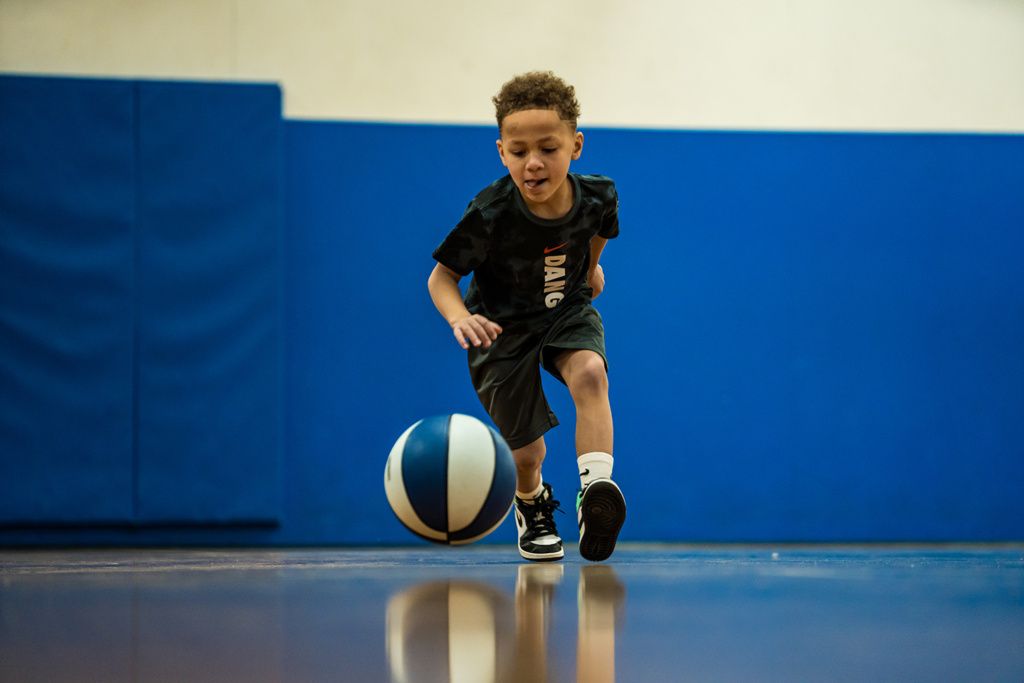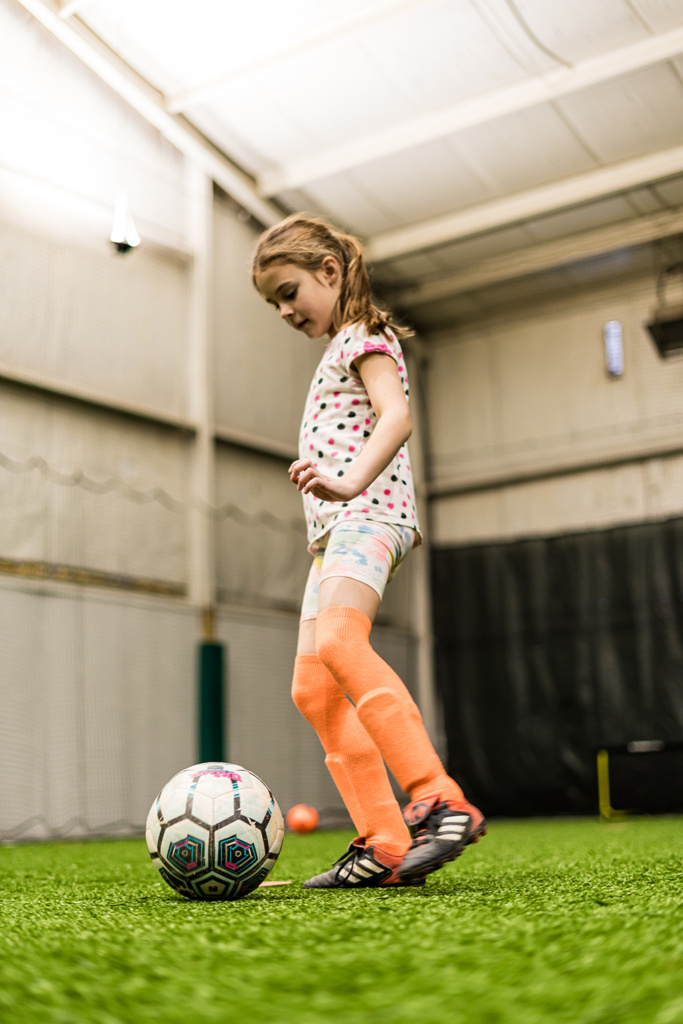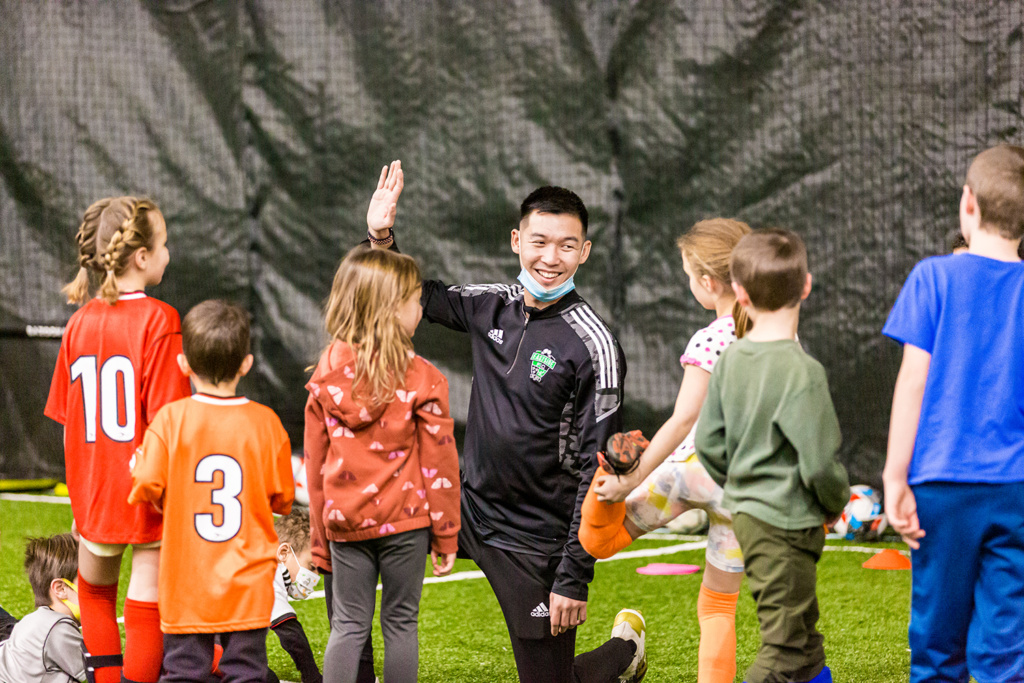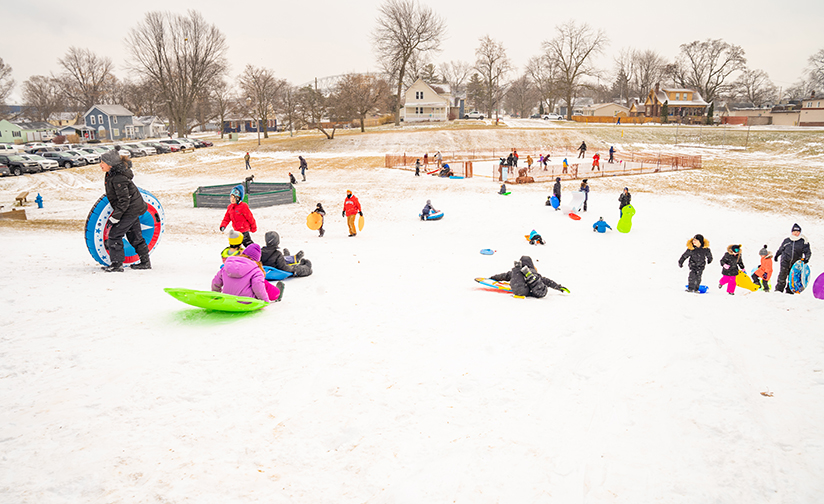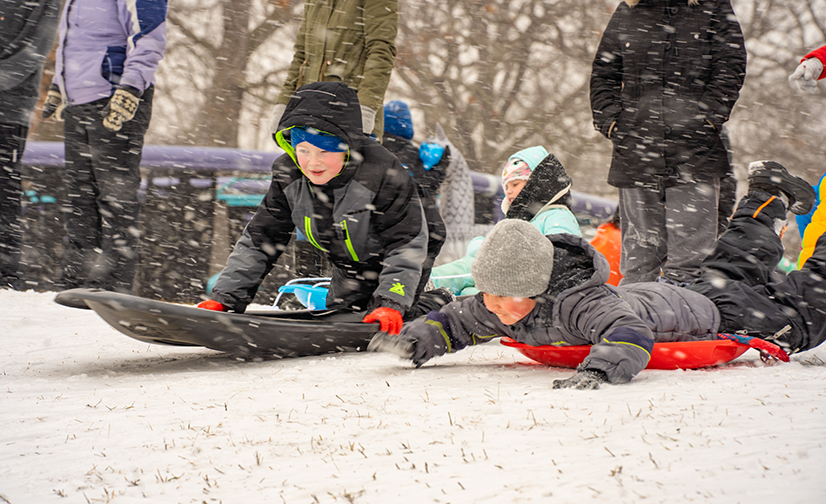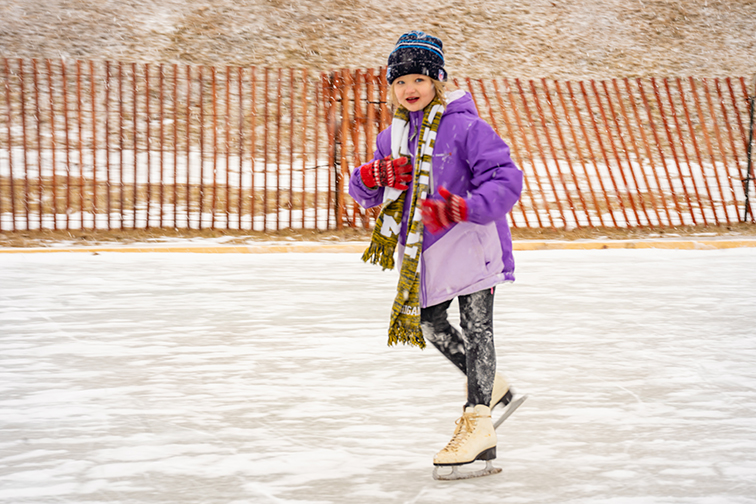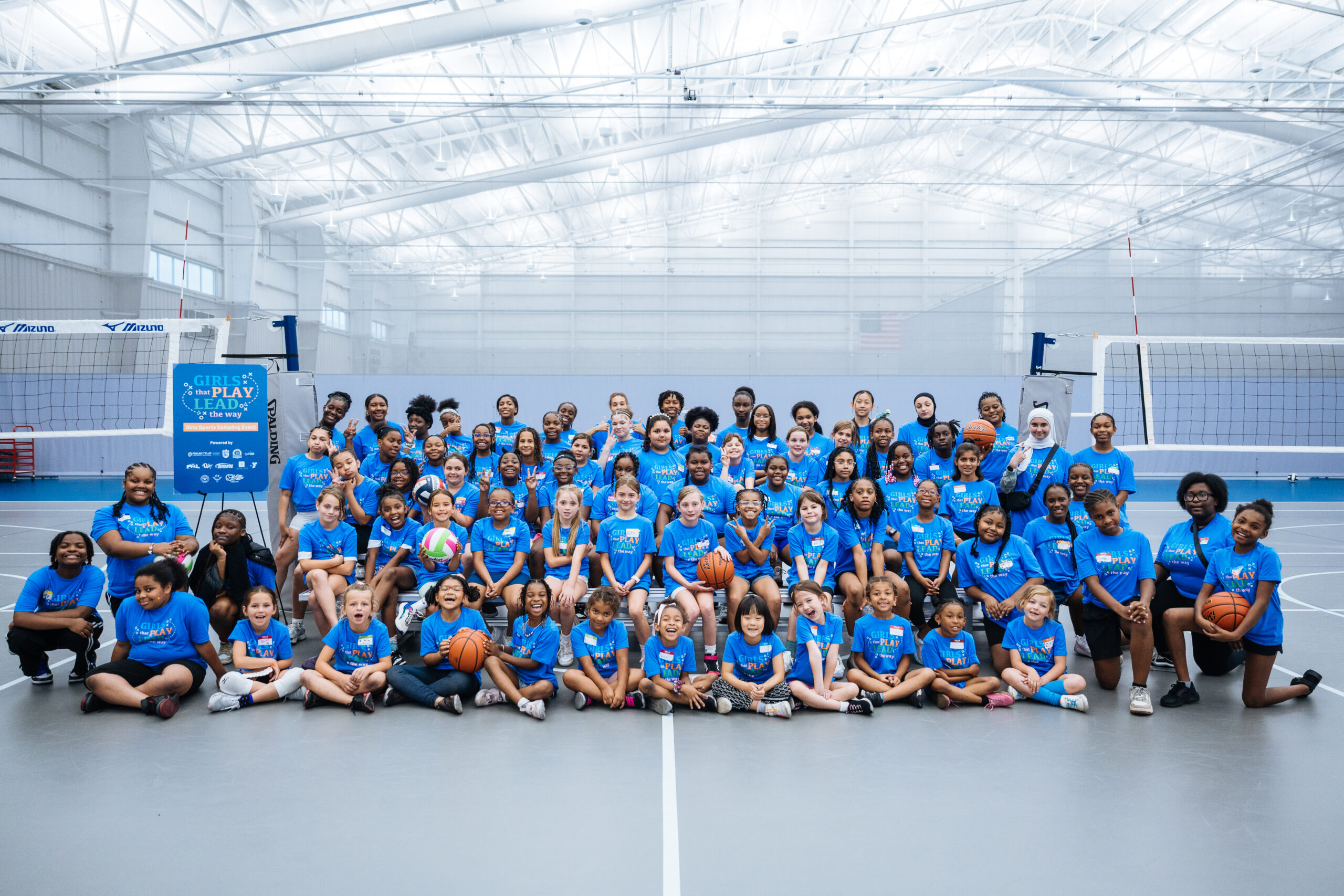
Breaking Barriers, Building Confidence: Girls Sports Sampling Clinic Returns for Year Three
For many children in southeast Michigan, access to safe and affordable sports and recreational activities is hindered by significant barriers — ranging from lack of transportation and high participation costs to limited community resources. These challenges can make play and movement through sports feel out of reach. For girls, the hurdles are even higher. A lack of confidence, proper sports gear and relatable role models contribute to an alarming trend of girls dropping out of sports at twice the rate of boys.
Since 2022, Project Play Southeast Michigan has been working to change that trend through its signature Girls Sports Sampling Clinic, an initiative designed to eliminate those barriers and create pathways for girls to stay engaged in physical activity.
Now in its third year, the free clinic coincided with the 53rd anniversary of Title IX, a landmark law that helped level the playing field for girls in sports. This year, more than 100 girls in grades 3–8 gathered on June 21 at the United Wholesale Mortgage Sports Complex in Pontiac for a day of discovery, play and empowerment. Participants had the opportunity to explore seven sports — volleyball, soccer, basketball, tennis, field hockey, flag football and cheerleading — thanks to expert facilitation by Project Play partner organizations.
“What makes the Girls in Sports event so amazing is seeing young ladies from all over the region come together to try new ways to be active in a day that is designed not just to include girls, but to be exclusively built for them,” said Lauren Fuller, executive director of Oakland County Sheriff PAL and a Project Play partner. “It’s a safe, supportive environment where girls can try new things, make new friends, and potentially discover a sport they never considered before. Nationally, girls are dropping out of sports at a much higher rate than boys, so creating events that both raise awareness and offer real opportunities is incredibly important.”
This year’s theme — “Girls that Play, Lead the Way” — celebrated exploration, leadership and confidence-building through sports. The clinic was completely free, reinforcing the message that all girls deserve a chance to play. The experience also championed the importance of sports sampling, a practice that offers wide-ranging benefits including improved motor skills, reduced burnout and increased confidence and leadership ability. According to the Aspen Institute’s State of Play 2024 Report, the average number of sports regularly played by children ages 6–17 dropped by 13% since 2019 — a trend Project Play is working to reverse.
“Our clinic gives girls the chance to try — try new sports, try meeting new people, and try being a leader,” said Pat Sharrow, director of Project Play Southeast Michigan. “By the end of the day, they left more confident and empowered, ready to apply those skills both on and off the field.”
The event wrapped up with smiles, shaved ice, and swag bags from Project Play and its partners — marking the end of a day full of joy, curiosity and growth.
